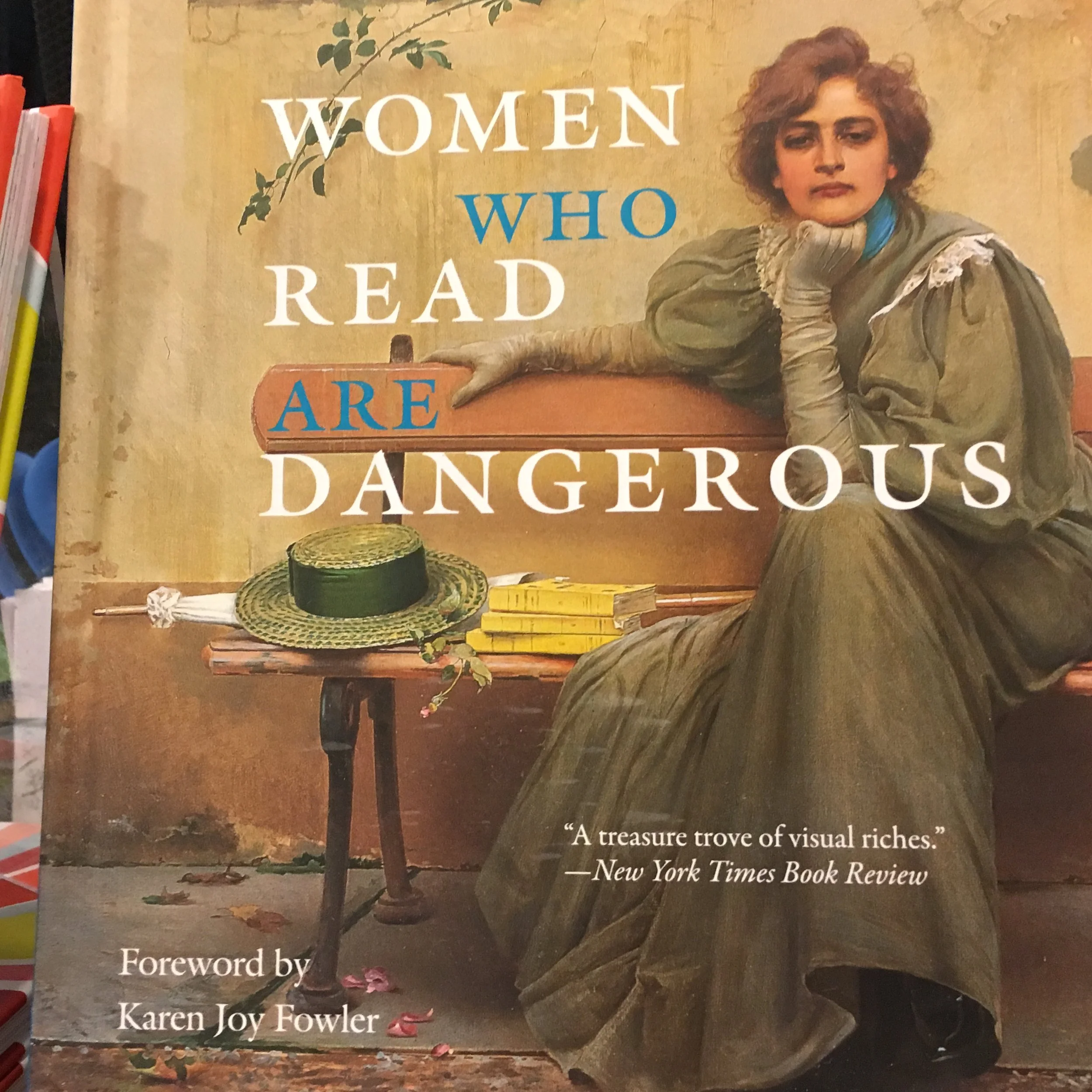Flat Characters Versus Round: Election Edition
by Victoria Fortune
We all have a lens through which we view the presidential campaign. As a writer, I see it through a literary lens.
In How Fiction Works, James Wood says, “There is nothing harder than the creation of a fictional character.” Novelists write extensive backstories to flesh out their characters—profession, relationships, major life events, appearance, idiosyncrasies, beliefs, and most importantly, their motivations—to create what E.M. Forster referred to as “round” characters. The presidential nominees are doing much the same work, fashioning “characters” they hope will ring true to the American people.
Both candidates have played out their adult lives on the public stage, so their backstories are well known. Clinton’s narrative has largely been controlled by her political opponents, suspicious of her every move. Their persistent investigations have left a cloud of skepticism surrounding her, whether any guilt was proved or not. In response, she’s become so guarded that she appears stiff and rehearsed. She is a conflicted character, with a penchant for privacy, but a thirst for public life, and competing devotions to family and career, service and ambition. Her primary motivations seem to be in constant conflict, but her backstory bears them out. Fifty years of evidence show a consistent, lifelong effort to work her way up the political ladder, but also to help improve people’s lives, expanding access to jobs, health care and education. If this has all been an act to serve her ambitions, she's made a damn good show of it.
Trump is what Forster describes as a “flat character,” a type or caricature, “constructed round a single idea or quality.” According to Forster, flat characters often have a striking appearance (a sweep of orange hair, perhaps), a few tell-tale catch phrases (Believe me!) and a single motivation (ego). Generally they serve as supporting characters, lacking the substance to bear extended scrutiny by the reader. With too much time in the spotlight, they wear thin.
Trump has had much more control of his narrative than Clinton, building wealth and celebrity largely through self-promotion. His wealth and image are his life’s work, his sole devotions. He has never had any conflicting motivations or interests, no unexpected hobbies or pursuits that add dimension. Now he suddenly has a new motivation: to make life better for hard-working Americans—the waiters and maids, construction workers and contractors, and small business owners he stiffed when he drove his company into bankruptcy; the students he swindled with his fraudulent university; the residents of communities he sued to claim tax breaks not intended for him. Contrary to his stated motivation, his backstory portrays a man of unadulterated self-interest. The only evidence that he cares about the people who see him as their prophet are his words, and they're “just words,” as he likes to say.
If this were a novel, readers would ask, Why would a 70-year-old narcissist, one whose identity revolves around his cutthroat business prowess and excessive wealth, suddenly care more about working class “losers” (as he has called them in the past) than he does about his own wealth and business interests? Without a dramatic event—a near death experience or personal crisis—to justify it, his abrupt change in motivation doesn’t ring true.
If this were a Greek drama, the audience would recognize the dramatic irony, and understand that Trump doesn’t actually care about people but is cynically saying so to achieve the next step in his own self-aggrandizement. Unfortunately, this is not a Greek drama. If it were, I could appreciate Trump as an ironic character, assured that the audience would ultimately see him for what he is. And in the end, the Greek adage would prove true: pride cometh before a fall.
This is the first in a series of posts by Victoria Fortune examining the election through a literary lens.





